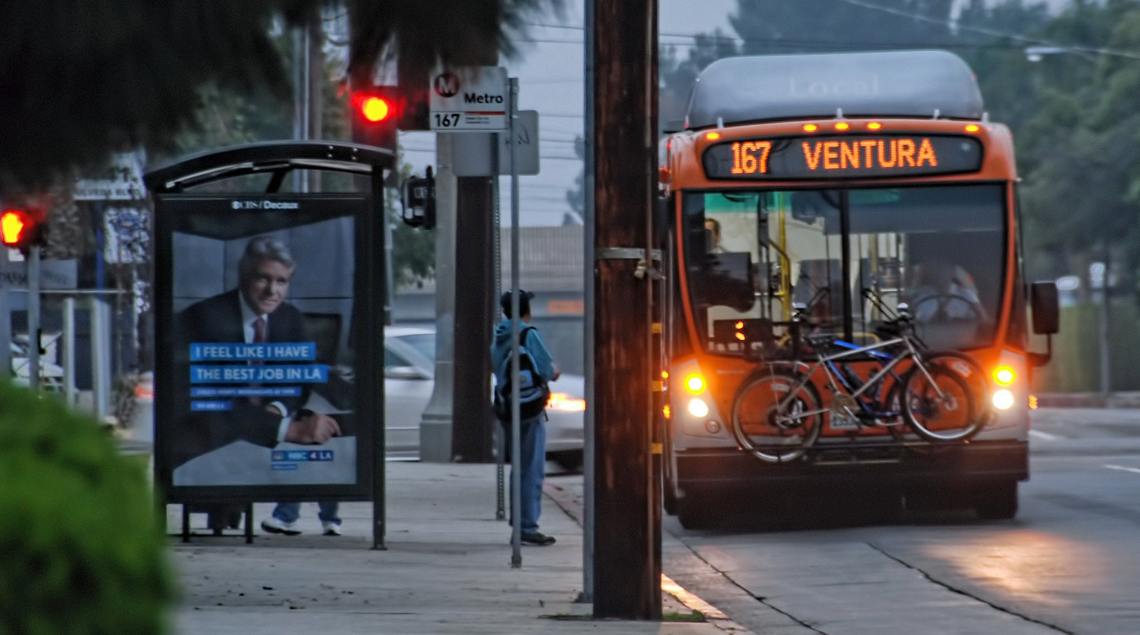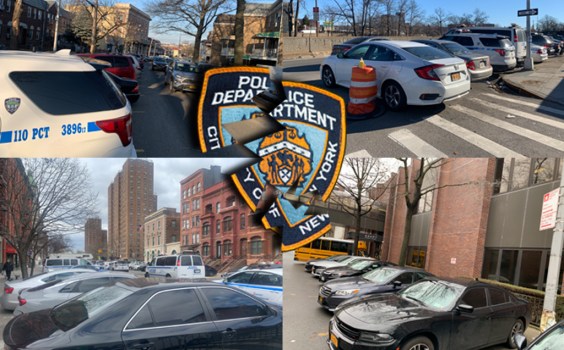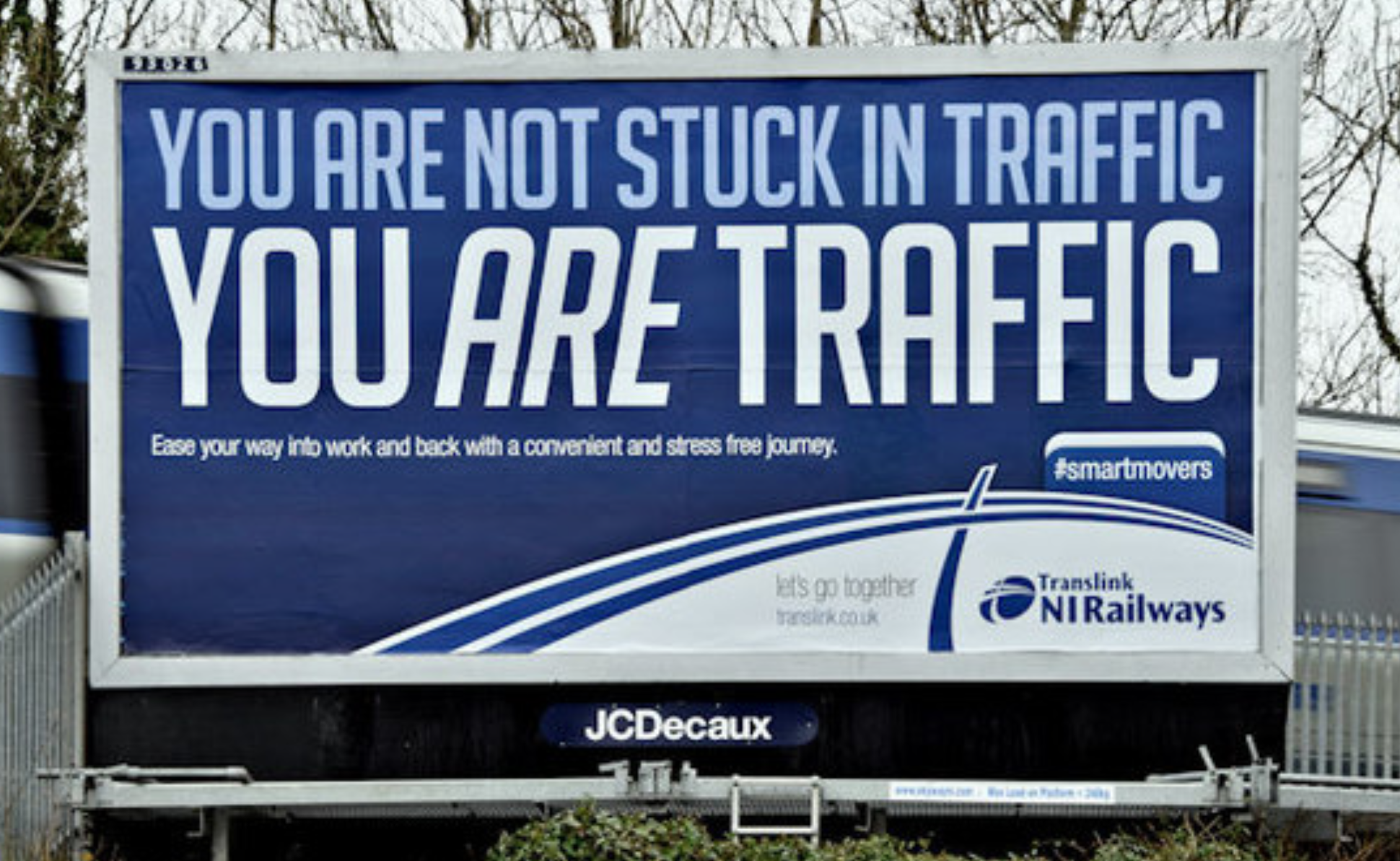Ask someone who rides the bus how they feel about their local transit agency, and they'll probably say they're frustrated. Transit consultant Jarrett Walker at Human Transit says that's perfectly normal, and healthy to a degree. After all, most transit service in the U.S. leaves a lot to be desired.
But if you want to improve transit service, it's important to recognize the constraints your transit agency deals with every day. Walker points to the ways that federal regulations, inflexible labor agreements, and politically-driven decisions by elected officials can undermine transit service -- factors that are often outside the influence of transit agencies:
When a bus is late, do you blame the city that decided not to have bus lanes or other transit priority, or do you just blame the transit agency?
When a planning process seems bureaucratic and unresponsive, do you blame the Federal rules that they have to follow, or do you just blame the transit agency?
When it’s hard to walk from a bus stop to your workplace, do you blame the road department that designs and manages the street, or do you just blame the transit agency?
When you see a transit agency’s ridership falling, do you consider outside cause like low gas prices? Do you consider non-ridership goals the agency may be pursuing? Or do you just assume that the agency is failing.
If there isn’t enough service in your area, do you blame the elected leaders (and voters) who refuse to fund transit properly, or do you blame the transit agency for serving someone else when they should be serving you?
Transit agency staff can act defensive and unresponsive if riders scream at them for factors beyond their control, says Walker. That doesn't let transit agencies off the hook for the factors they can control. But if advocates want to win better service, they need to understand the broader political landscape and direct their energy accordingly.
More recommended reading today: Seattle Bike Blog reports that a local high school junior fed up with the traffic around his school has produced a plan to calm the streets -- and it's better than the city's. And Toole Design Group says the cities on Amazon's "HQ2" short list show that free-flowing highways are not what attracts companies these days.





